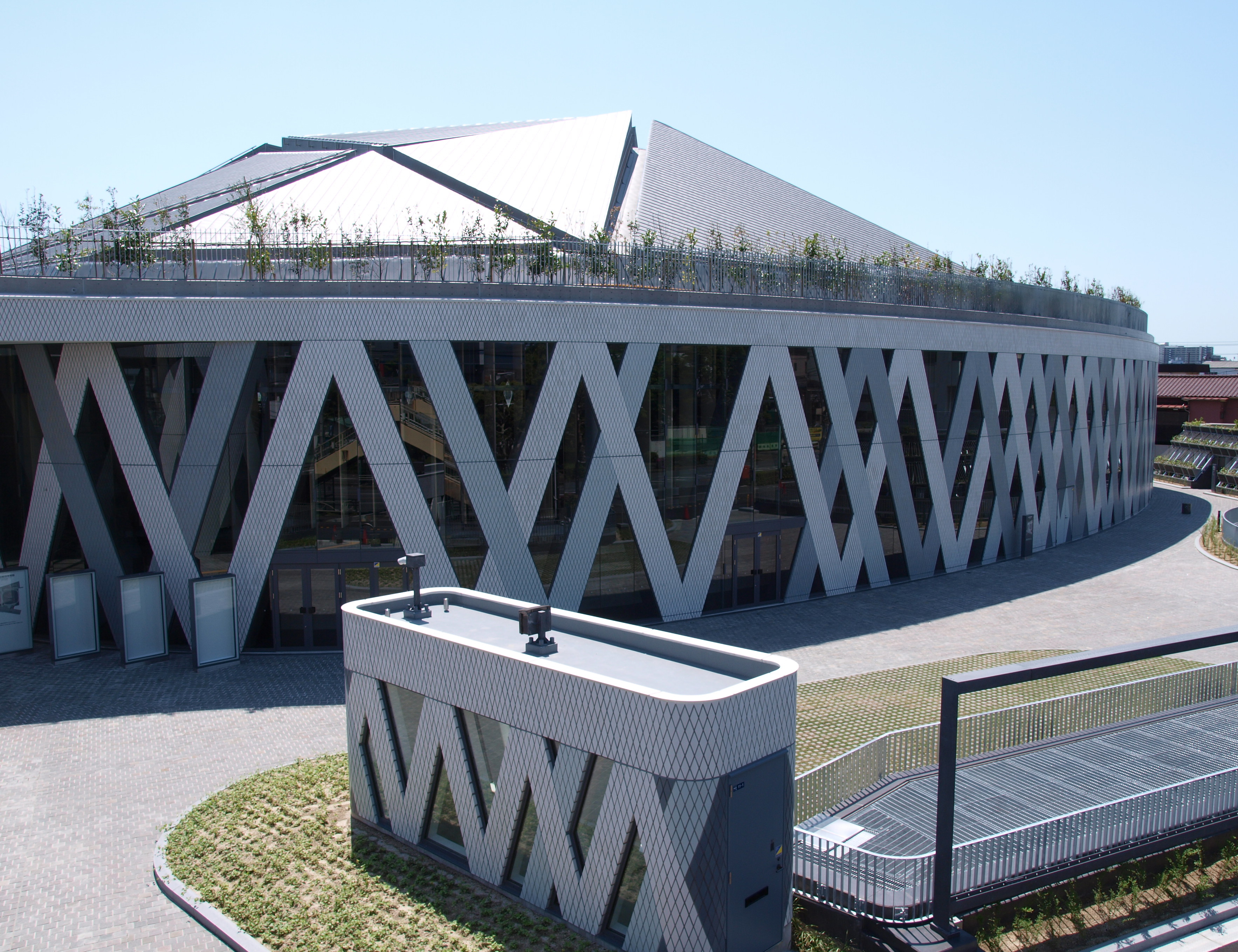The Power of Laughter in Social Drinking
페이지 정보

본문

Laughter is a universal signal that something feels right. In a social drinking setting, it becomes a powerful force that shapes the whole experience. People who share a drink already share common ground—relaxed surroundings, a joint activity, and typically a touch of alcohol that softens barriers. Injecting laughter into the mix transforms a plain get‑together into a lasting, unified occasion. Below we explain why laughter is essential in social drinking settings.
1. The Natural Breaker
When you walk into a bar or a backyard party, the first thing you notice is the noise level. Conversations, music, clinking glasses—all compete for attention. A real laugh slices through that noise instantly. It signals to everyone that you’re approachable and ready to engage. In a setting of strangers, a shared laugh can dissolve initial awkwardness and lead to richer interaction. That simple act of mirth signals "I’m friendly, let’s talk.".
2. Reducing Barriers and Building Trust
Alcohol eases inhibitions, but not everyone leverages it for connection. Laughter, however, is a natural bridge that helps people feel safe. When someone tells a joke or a story that sparks a laugh, it invites others to let their guard down. Trust develops as laughter reveals authenticity—people aren’t just acting cool; they truly enjoy the moment. Such trust underpins all social bonds, particularly where participants are strangers.
3. Enhancing the Alcohol Experience
Mentally, laughter sets off endorphin release, the body's natural feel‑good hormones. It lifts mood and can even enhance the taste of your drink. While laughing with friends, the social setting heightens the beverage’s sensory experience. Taste isn’t solely from alcohol; it also stems from stories, jokes, and shared recollections. Such a blend turns a drink into something distinct, more delightful, and more memorable.
4. Strengthening Group Identity
Group identity is built via shared narratives and insider jokes. Laughter stitches those narratives together. When everyone in the group laughs at the same joke, it fosters a sense of belonging. In a social drinking scene, this belonging can manifest as a sense of camaraderie that extends beyond the event. People leave with a shared memory that they can recall later, reinforcing their connection to the group. With time, these bonds can evolve a casual party into a regular social hub.
5. Encouraging Positive Emotions
Negative feelings like stress, anxiety, frustration can swiftly spoil a social outing. Laughter is a natural antidote. It changes the emotional tone from tension to lightness. Even when the night has hiccups—such as a spilled drink or a mispronounced name—laughing it off keeps the vibe upbeat. This resilience becomes especially important where folks may feel judged or uneasy about their consumption. Lightheartedness cushions the experience and keeps everyone engaged.
6. The Power of Shared Timing
Timing is crucial in comedy, and the same rule applies to social drinking. A well‑timed joke can turn an ordinary conversation into a highlight of the evening. When laughter occurs almost simultaneously, it aligns body language and emotions across the group. This alignment enhances empathy and makes the event feel more cohesive. Even if the joke fails, the effort shows vulnerability, often prompting others to open up.
7. Cultural and Social Signals
Across many cultures, laughter during drinking conveys hospitality and friendliness. It signals "you’re welcome" and "we’re all in this together.". In other contexts—such as a quiet wine tasting—laughter might be restrained, yet it remains a sign of enjoyment. The skill of interpreting and responding to these cues underpins social drinking scenes. When participants laugh suitably, they convey respect for the setting and comfort within the group dynamic.
8. Crafting Lasting Memories
Memory depends greatly on emotion. A night where laughter flowed freely tends to be remembered vividly, unlike a quiet, sober evening. Those memories become part of the narrative you tell about your life. When you recount a story from a party, the laughter you shared acts as a thread that ties the narrative together. This explains why people often revisit venues or repeat drinks, chasing the same joyful experience.
9. Promoting Mindful Drinking
Contrary to expectations, laughter can also foster responsible habits. When laughing and enjoying, you’re less inclined to overindulge out of control. The conversation moves from "how much can I drink?" to "how can I enjoy this moment?". Laughing keeps the dialogue light and sets natural limits. People start to drink at a pace that matches the rhythm of the laughter, which can lead to more mindful consumption.
10. Quick Practical Tip
If you’re planning a social gathering, consider incorporating a small element that encourages laughter. It could be a funny photo slideshow, a themed costume, or a short comedy routine. Even a simple joke or a light-hearted toast can spark laughter. The aim isn’t to act as a stand‑up comedian but to forge an environment where everyone feels free to smile.
In summary, laughter is more than just a reaction to humor.
In brief, laughter is more than just a reaction to humor. It functions as the connective tissue that changes a social drinking scene from discrete moments into a shared, 大阪 街コン memorable experience. Through lowering barriers, boosting emotional and sensory aspects of drinking, and cultivating a sense of belonging, laughter turns into the secret ingredient that makes social drinks truly enjoyable. So next time you raise a glass, remember that a hearty laugh is just as vital as the drink itself.
- 이전글Smart Poolside Gear Storage Ideas 25.09.12
- 다음글지속 가능한 미래: 환경 보호와 혁신의 길 25.09.12
댓글목록
등록된 댓글이 없습니다.
